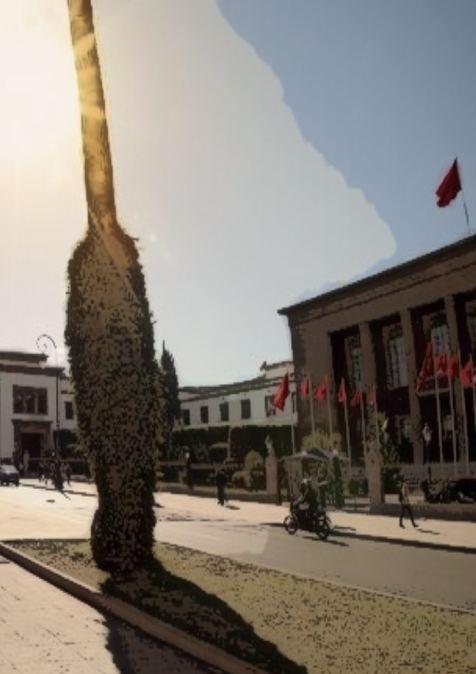Publications /
Policy Brief
This article aims at studying the changes in fertility rates in Morocco over time using available data from censuses and surveys conducted by High Commission for Planning (HCP), Ministry of Health, and National Observatory for Human Development (ONDH). Since 2010, fertility has shown a kind of stagnation or even a slight increase. This trend is more pronounced in urban areas, where the fertility rate for urban women was 1.8 children per woman in 2010, rose to 2.2 children per woman in 2019. In rural areas, fertility continued to decline until 2014, reaching 2.5 children per woman. It slightly increased to 2.7 children per woman in 2019.
This resurgence decreases in the age of first marriage among women. We observe decrease among both educated and less educated women, as well as among those living in urban and rural areas, with a contraceptive prevalence rate close to 70%. According to the latest available data, this new trend is one of the determining factors of fertility. Age at first marriage, has influenced couples' reproductive behavior, leading to a slight increase in fertility. Interestingly, this resurgence in fertility coincides with an expansion of girls ‘education, which, however, faces barriers to women's access to economic activities outside the family sphere. This situation could be the reason for the decrease in the age at first marriage and, consequently, the observed increase in fertility.
While it is too early to definitively determine whether this trend is permanent or temporary, it is certain that the current social and cultural norms of the Moroccan family institution, as well as the economic and social conditions of couples, are far from conducive to relatively high fertility. Based on the 2018 survey on population and family health, analyzing the ideal number of children desired by non-single women and their daughters, indicates an average desired number of children around 2.5 per woman.
This reversal of fertility trends is not unique to Morocco. It is observed in other Arab countries such as Algeria, Egypt, and Tunisia. However, the resurgence of this phenomenon remains relatively moderate in Morocco compared to Algeria and Egypt, for instance.









